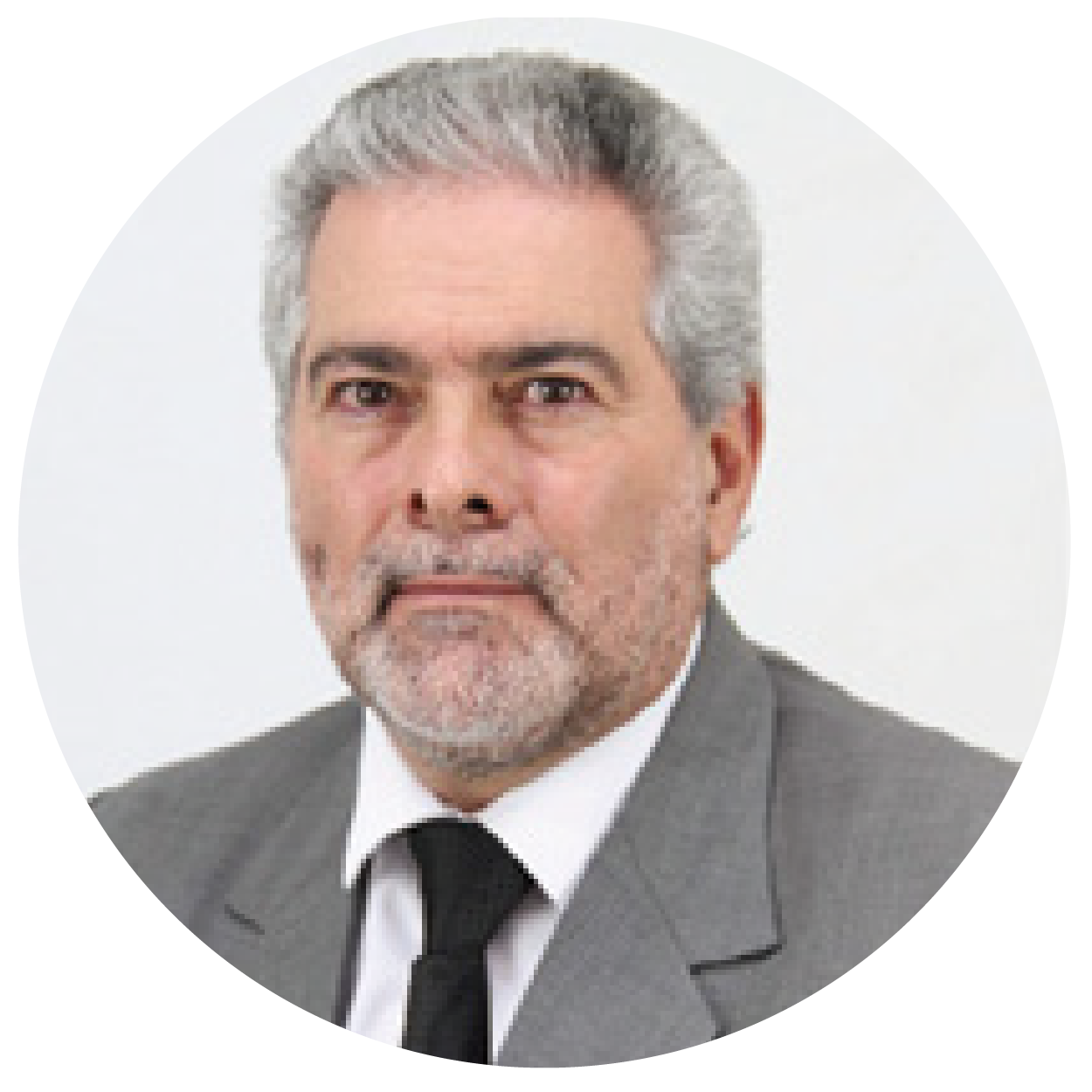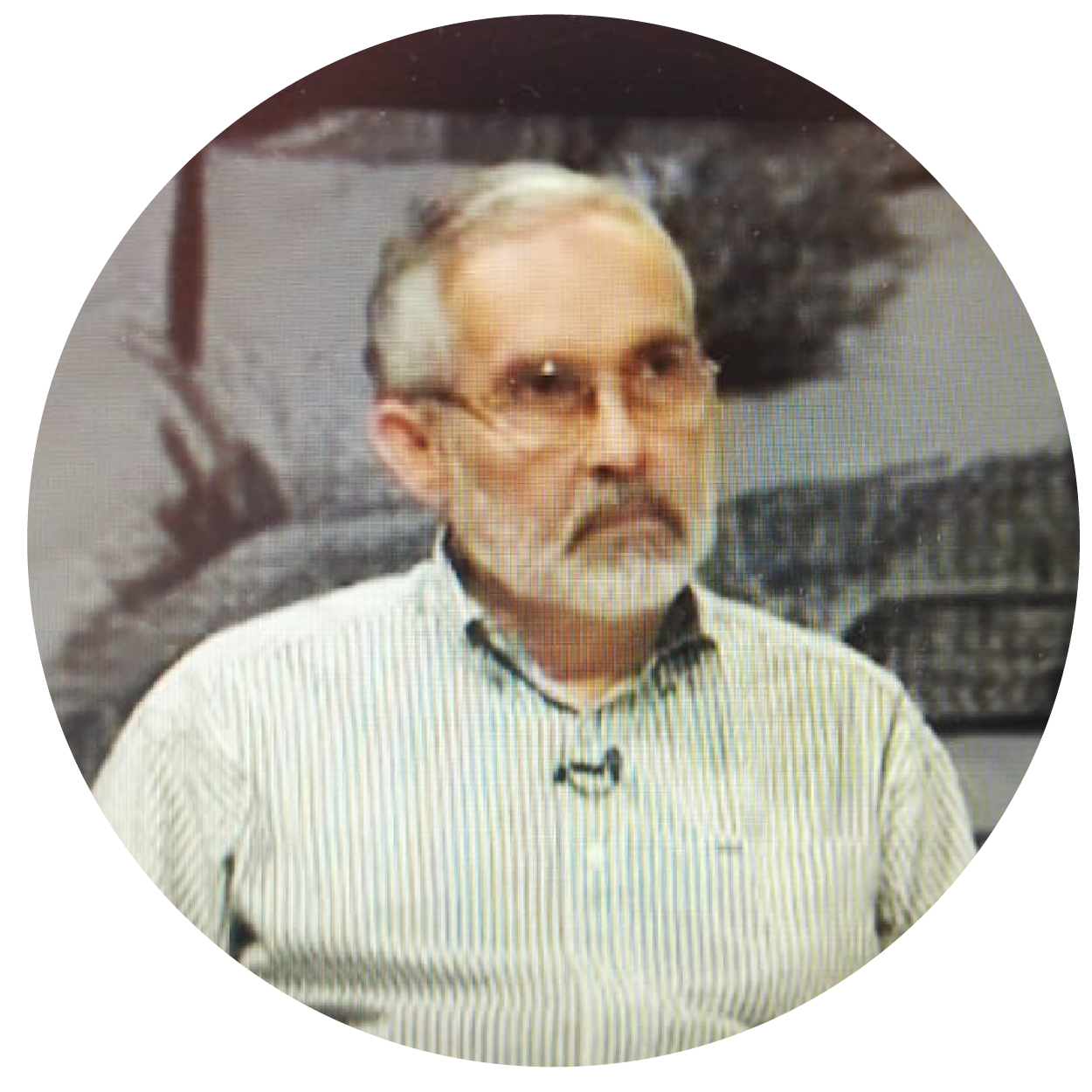Education on, in and for Human Rights is fundamental for their defense, promotion and effective application and, therefore, it must form an integral and explicit part of all education programs in a State, from preschool education to higher education. The importance of Education is already mentioned in the Preamble of the Universal Declaration of Human Rights (UDHR): “The General Meeting proclaims this Universal Declaration of Human Rights as a common ideal for which all peoples and nations should strive, so that both individuals and institutions, constantly drawing inspiration from it, promote, through teaching and education, respect for these rights and freedoms, and ensure, through progressive national and international measures, their universal and effective recognition and application, both among the peoples of the Member States as well as among those of the territories placed ”(UDHR, p. 2). Explicit human rights education and training is the essential way to empower people to contribute "to the construction and promotion of a universal culture of human rights." This "universal culture of human rights" is independent of national borders and guarantees a peaceful community life throughout the world.
There is still a long way to go to fulfill this ideal of the United Nations General Meeting. The objective of the project "Education in values and human rights in the training of higher education teachers" is the application of a systematic and explicit education in values and human rights in higher education in Costa Rica and Germany in the form of a phased study program that includes a general module (Studium Generale) and three specific modules (teacher training) and that at the same time allows flexibility to adapt to regional and institutional needs. Art. 26 of the UDHR refers to Education and its second paragraph refers specifically to its teaching.
This course is the first of four courses in total that together make up the module of Education in Values and Human Rights for Teacher Training and provide a set of contents that introduce the subject of Human Rights, focusing on their historical, philosophical, legal and political development as in central ideas and concepts and their education. A greater emphasis of the course is placed on the reflection and understanding of the meaning of the concept of Human Dignity as a basic concept of the UDHR for Education and from a multicultural perspective.
.
Justification
Education in human rights and values per se represents a future-oriented topic whose international foundation was established by the United Nations General Meeting through the adoption of the Universal Declaration of Human Rights in 1948. The international community and the Member States of the United Nations, in view of the preceding "acts of barbarism", engaged to recognize and promote fundamental and universally valid human rights. Despite this important declaration and several subsequent international human rights treaties built over the past decades, for example the 1989 Convention on the Rights of the Child, human rights violations remain one of the main problems worldwide that require sustainable preventive measures. In the international discourse of the 1990s there was a broad debate on the dimension, content and methods of human rights education and the United Nations Decade for Human Rights Education was declared from 1995 to 2004. Subsequently, the United Nations General Meeting proclaimed three phases of the world program for human rights education in order to "advance in the implementation of human rights education programs in all sectors", with the "third phase" currently active (2015-2019).
At present, the German Institute for Human Rights (IADH) and the Inter-American Institute for Human Rights (IIHR) consider an explicit and participatory human rights education to be a key function for the effective implementation of human rights. Ideally, this education should be delivered at three levels: knowledge, skills and attitudes, "in accordance with the principles of universality, indivisibility and interdependence of human rights". Internationally recognized dimensions are defined as education about (for example, human rights-oriented standards and systems, legislation, values), by means of (a human rights-oriented educational environment, which implies, for example, respect, participation, inclusion), in order to (achieve the realization of their own rights and engage in solidarity for the rights of other) human rights. Furthermore, the ongoing human rights development process requires critical reflection and active participation from each person. Human rights education is an integral part of a democratic and humanistic education at all levels provided by the States.
General Objectives
- Introduce students to the theoretical and practical foundations for a Human Rights education
- Develop notions about human dignity based on multicultural visions and discourses.
Specific Objectives
- Develop and discuss existing knowledge about human rights and their education from their own experience, to create a common starting point
- Reflect and discuss the philosophical foundations and universal values of human rights, for the better understanding and construction of a sustainable non-violent society
- Know and understand the political history of Human Rights and the different protection systems, to understand their importance and functioning in their global context.
- Analyze and discuss, from literature and based on academic texts, the notions of human dignity, introducing its possible facets
- Carry out a case study on the subject of Human Rights
MEMBERS:

Susanne Müller-Using
Doctor of Education (EdD) with PostDoct (Habilitation)
Associate Researcher at the University of Costa Rica / Universität Kassel, Germany.
Director of Teacher Professional Development. Omar Dengo Foundation, Costa Rica.
Email: susanne.mueller-using@gmx.de

Susanne Müller-Using
Doctor of Education (EdD) with PostDoct (Habilitation)
Associate Researcher at the University of Costa Rica / Universität Kassel, Germany.
Director of Teacher Professional Development. Omar Dengo Foundation, Costa Rica.
Email: susanne.mueller-using@gmx.de

Jaime Mora Arias
Doctor of Latin American Studies with an emphasis on Latin American Thought.
Center for General Studies. National University.
Email: jaime.mora.arias@una.cr

Jaime Mora Arias
Doctor of Latin American Studies with an emphasis on Latin American Thought.
Center for General Studies. National University.
Email: jaime.mora.arias@una.cr

Rodolfo Vicente Salazar
Master of Human Rights and Education for Peace
Center for Research and Teaching in Education. National University.
Email: rodolfovicentesalazar@gmail.com

Rodolfo Vicente Salazar
Master of Human Rights and Education for Peace
Center for Research and Teaching in Education. National University.
Email: rodolfovicentesalazar@gmail.com















